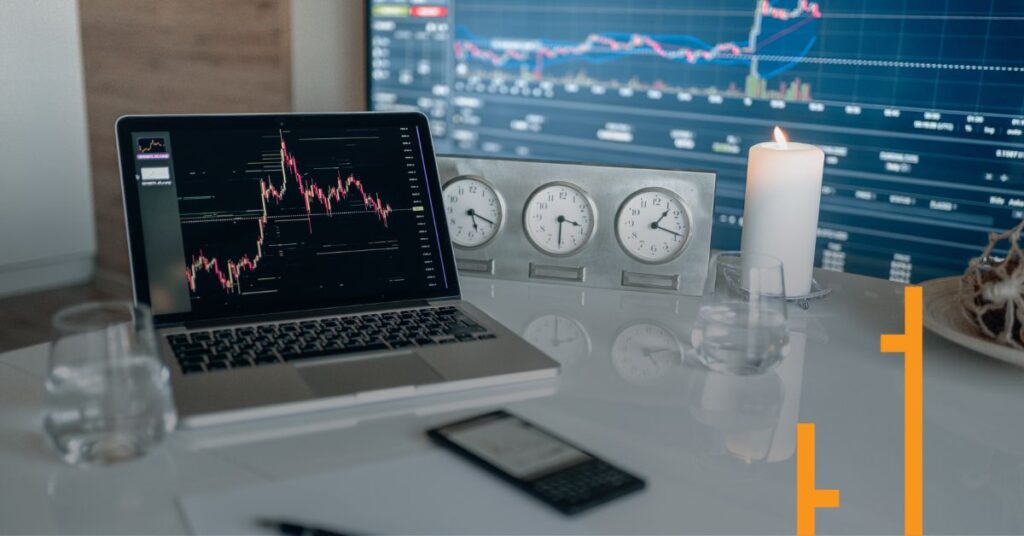
Decision Fatigue in Trading
You may have heard of decision fatigue. The idea that the quality of decisions made by a person deteriorates as they make consecutive decisions. This is often described as a “mental battery” that is slowly drained throughout the day. Leading to impaired decision-making or self-control. Famously, Steve Jobs and Mark Zuckerberg are said to have worn the same outfit every day to reduce the number of decisions made in a day.
Decision Making Studies
While the existence of decision fatigue is debated, one study found participants asked to make a series of decisions consistently underperformed at a math exam, compared to those who did not have to make a series of decisions beforehand. Another similar experiment tested the duration for which the two groups could keep their hands in a bucket of ice water. The study found that the group forced to make a series of choices beforehand was unable to keep their hands in the freezing water for as long as the group that did not make decisions. This is to say, their ability to self-regulate or self-control was diminished.
So, what does this have to do with trading? A study from the University of California, Irvine, investigating whether decision fatigue affects market analysts, found those analysts became less accurate in their forecasts as the day continued.
The researchers also found that as the day progressed, analysts were more likely to:
Make decisions based on heuristics (mental shortcuts),
Herd towards the consensus forecast,
Re-issue their own previous forecast, or
Issue a forecast with numbers rounded to 0 or 5.
From a practical point of view, it is clear that having to make many consecutive decisions results in sloppy or poor decision-making. Which may in turn hurt our trading. So, what can we do about it?
One of the main arguments for systematic or algorithmic trading is the ability to remove emotions from our trading decisions. Not just fear or risk-based emotions but also fatigue-based emotions. Furthermore, systematic trading allows us to use mathematical ranking to prioritise entry signals, which removes selection bias and reduces decision fatigue.
While I’m not suggesting you don a black turtleneck and daggy New Balance sneakers every day like Steve Jobs. Forced to make many decisions every day in your trading could have a negative effect on the outcome.
If you’d like to learn more about systematic trading, consider our Beginner’s Course or view our turnkey code offerings.


